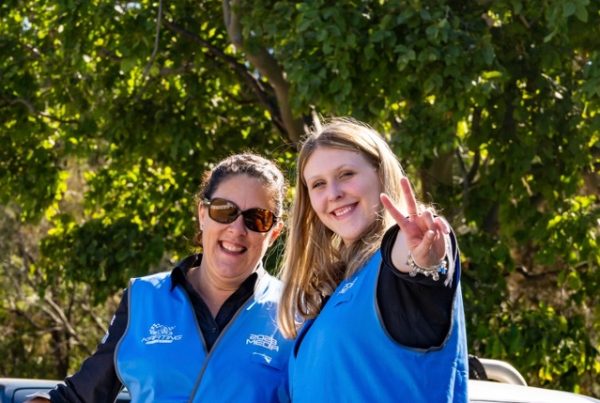After you finish secondary school, you may want to continue your studies at uni or undertake vocational training at another post-secondary institution, such as a TAFE college or registered training provider.
Another option is an apprenticeship which will generally combine hands-on work experience with study.
To gain entry into a post-secondary course, you may have to meet certain requirements. This can include academic results from secondary school and some courses may have additional requirements, such as presenting an arts folio for art and design courses.
If you do not meet the qualifications for direct entry into the course that you want to study, there still may be ways to gain admission.
Many universities and other institutions offer special entry schemes which can provide pathways to admission for people with chronic medical conditions. You are best to contact the educational institution directly to ask about whether they offer special entry, and whether you could apply for special consideration.
Some of the things to keep in mind when applying for further study are:
- Is it easy to get from your home and your CF clinic to university or college?
- What is the physical environment like? Are there any obvious health risk issues such as bad air quality or dusty conditions?
- What are the facilities like? Would you have access to a fridge if you needed it? Would you have to climb tall flights of stairs?
- How flexible is the course timetable and what are the hours that you would need to attend classes?
- Are the lectures and classes recorded and made available online, in case you can’t make it to a certain class?

At uni or tafe you’ll be treated more independently than at school, without teachers checking on everything you do.
If you are comfortable doing so, it is still worthwhile having a conversation with your lecturers and tutors about your CF so that they can be aware of any special needs that you have.
For example, this could be helpful in getting an extension on a deadline for an essay if you needed it because of your health. Talking with your teaching staff about your CF can also ensure that if there is another person with CF studying the same course, the cross-infection risk can be managed.
Universities and other educational institutions also have a wide range of support services available to students. A good place to begin when you are finding out about these services would be campus Student Services office or Disability Support office.
At CFCC our support team can help:
- young people and their CF team to draft and complete letters and documentation to request accommodations and University and Tafe.
- young people with careers counselling.
If you are VIC or NSW based, contact CFCC. If you are in any other state, please contact your local CF State Organisation to ask about their support in this area.
You may also like this similar article – How University and Tafe can help support the needs of Students with CF
You may also find this article useful. Alternative Pathways for Year 11 and 12 Students.
The views, experiences or comments shared on this website are not medical advice and may not reflect opinions or beliefs of Cystic Fibrosis Community Care. Always seek the guidance of your doctor or other qualified health professional with any questions regarding your health.




